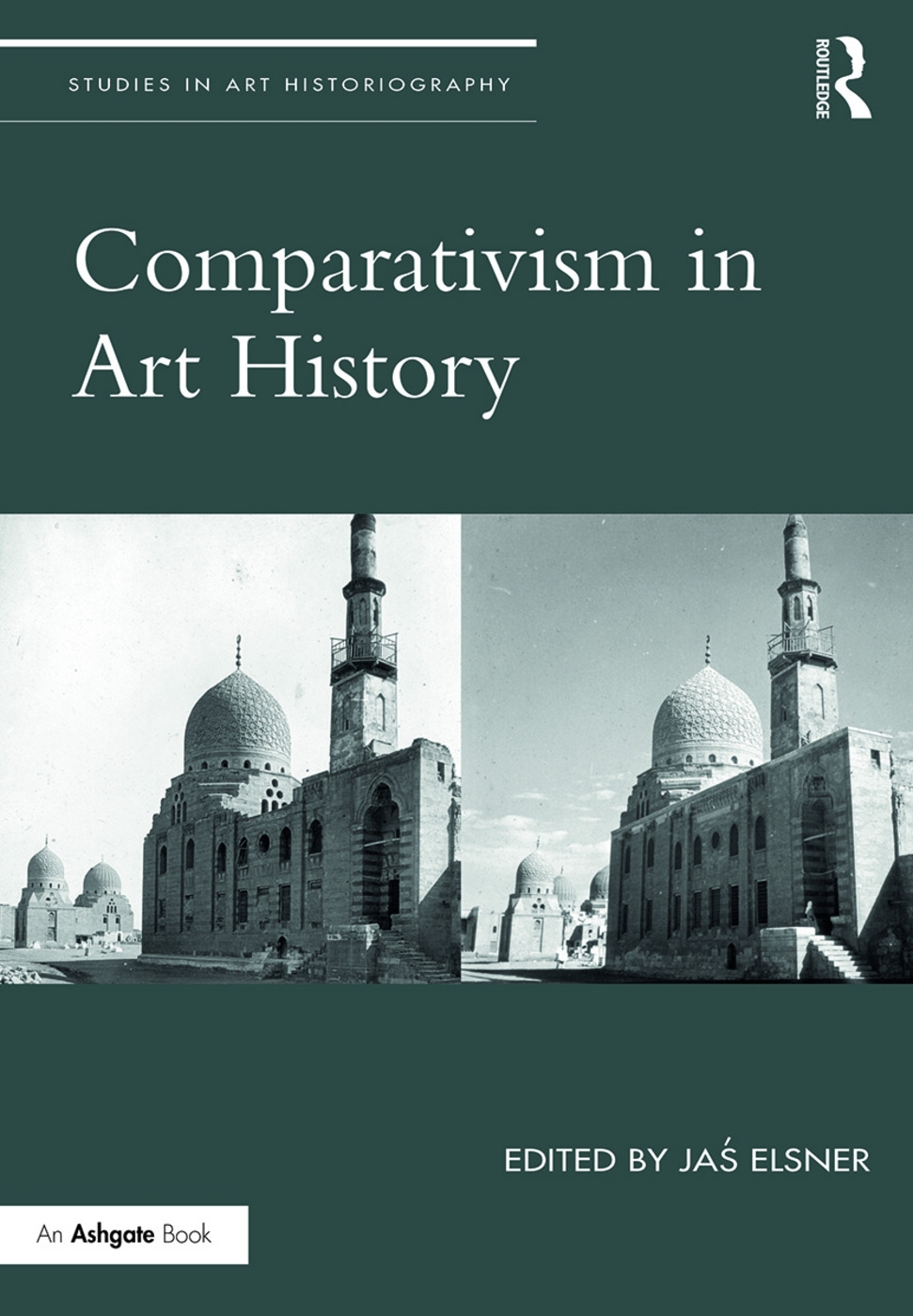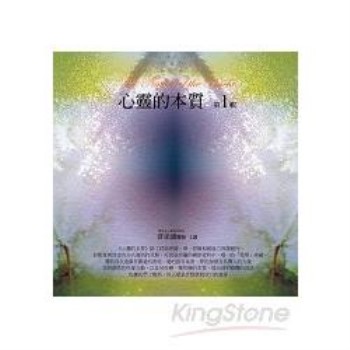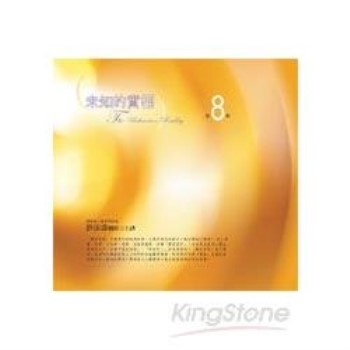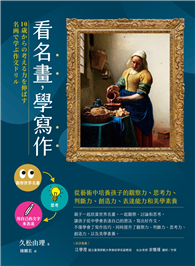| FindBook |
有 1 項符合
Comparativism in Art History的圖書 |
 |
Comparativism in Art History 作者:Elsner,Jas(EDT) 出版社:Taylor & Francis 出版日期:2017-02-08 語言:英文 規格:精裝 / 17.8 x 24.8 x 1.9 cm / 普通級 |
| 圖書館借閱 |
| 國家圖書館 | 全國圖書書目資訊網 | 國立公共資訊圖書館 | 電子書服務平台 | MetaCat 跨館整合查詢 |
| 臺北市立圖書館 | 新北市立圖書館 | 基隆市公共圖書館 | 桃園市立圖書館 | 新竹縣公共圖書館 |
| 苗栗縣立圖書館 | 臺中市立圖書館 | 彰化縣公共圖書館 | 南投縣文化局 | 雲林縣公共圖書館 |
| 嘉義縣圖書館 | 臺南市立圖書館 | 高雄市立圖書館 | 屏東縣公共圖書館 | 宜蘭縣公共圖書館 |
| 花蓮縣文化局 | 臺東縣文化處 |
|
|
圖書介紹 - 資料來源:博客來 評分:
圖書名稱:Comparativism in Art History
內容簡介
Featuring some of the major voices in the world of art history, this volume explores the methodological aspects of comparison in the historiography of the discipline. The essays assess the strengths and weaknesses of the comparative practice in the history of art, and consider the larger issue of the place of the comparative in how art history may develop in the future. The contributors represent a comprehensive range of period and geographic command from antiquity to modernity, from China and Islam to Europe, from various forms of art history to archaeology, anthropology and material culture studies. Art history is less a single discipline than a series of divergent scholarly fields - in very different historical, geographic and cultural contexts - but all with a visual emphasis on the close examination of objects. These fields focus on different, often incompatible temporal and cultural contexts, yet nonetheless they regard themselves as one coherent discipline - namely the history of art. There are substantive problems in how the sub-fields within the broad-brush generalization called ’Art History’ can speak coherently to each other. These are more urgent since the shift from an art history centered on the western tradition to one that is consciously global.
|










